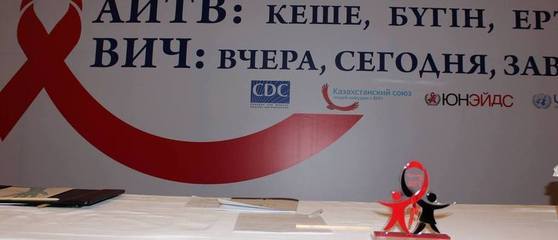Following its first-ever critical review of cannabis, in January 2019 the World Health Organization (WHO) issued a collection of formal recommendations to reschedule cannabis and cannabis-related substances. 53 member states of the Commission on Narcotic Drugs (CND), two of which are Caribbean states, are set to vote on these recommendations in December 2020.
Among the WHO’s recommendations, two in particular appear to be the most urgent and relevant for Caribbean countries: namely recommendation 5.1 (concerning the acknowledgment of cannabis’ medicinal usefulness) and recommendation 5.4 (concerning the need to remove the term ‘extracts and tinctures of cannabis’ from the 1961 Convention). Supporting these two recommendations presents an opportunity for Caribbean governments and civil society to decolonise drug control approaches in the region, as well as to strengthen the international legal basis for emerging medicinal cannabis programmes in several Caribbean countries. Also, it provides the historical opportunity to gain global recognition for two deeply rooted and unique traditions: the use of cannabis as sacrament in religious Rastafarian practise, and its use as traditional medicine, particularly but not exclusively by the Maroon community.
In this regard, the recommended principle ‘asks’ for Caribbean advocates and policy makers are to:
- Support the most urgent recommendations 5.1 and 5.4.
- Actively engage with CND members, in particular Jamaica, the only English-speaking Caribbean member of CND, emphasising the urgent nature of recommendations 5.1 and 5.4.
- Actively engage in relevant meetings and processes at the CND level, as well as emphasising the need for further follow-ups to the critical review.
- Actively engage and encourage support from other Caribbean governments and other key stakeholders such as CARICOM and OECS, as well relevant civil society organisations, experts, and affected communities.
>> To read more, visit The Transnational Instiute's website here or download the full briefing.
* TNI: The Transnational Institute is an international research and advocacy institute committed to building a just, democratic and sustainable planet. For more than 40 years, TNI has served as a unique nexus between social movements, engaged scholars and policy makers.
* IDPC: The International Drug Policy Consortium is a global network of 192 NGOs that focus on issues related to drug production, trafficking and use. IDPC promotes objective and open debate on the effectiveness, direction and content of drug policies at the national and international level, and supports evidence-based policies that are effective at reducing drug-related harm. Our advocacy positions are based on five core policy principles. We produce briefing papers, disseminate key resources on drug policy, build the advocacy capacity of our members and partners, and offer expert advice to policy makers and officials around the world. Our global membership has expertise and experience on the wide spectrum of drug policy issues.


